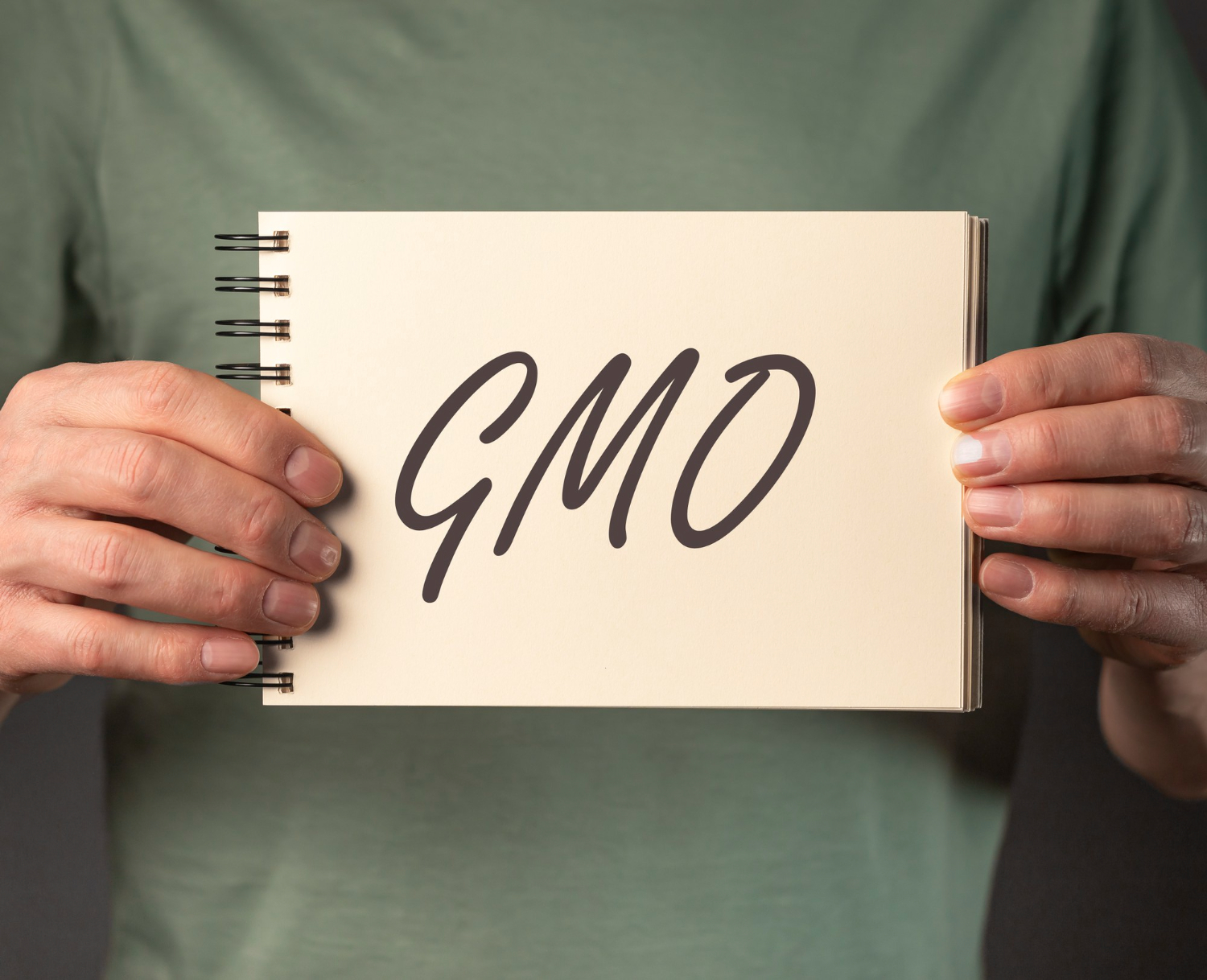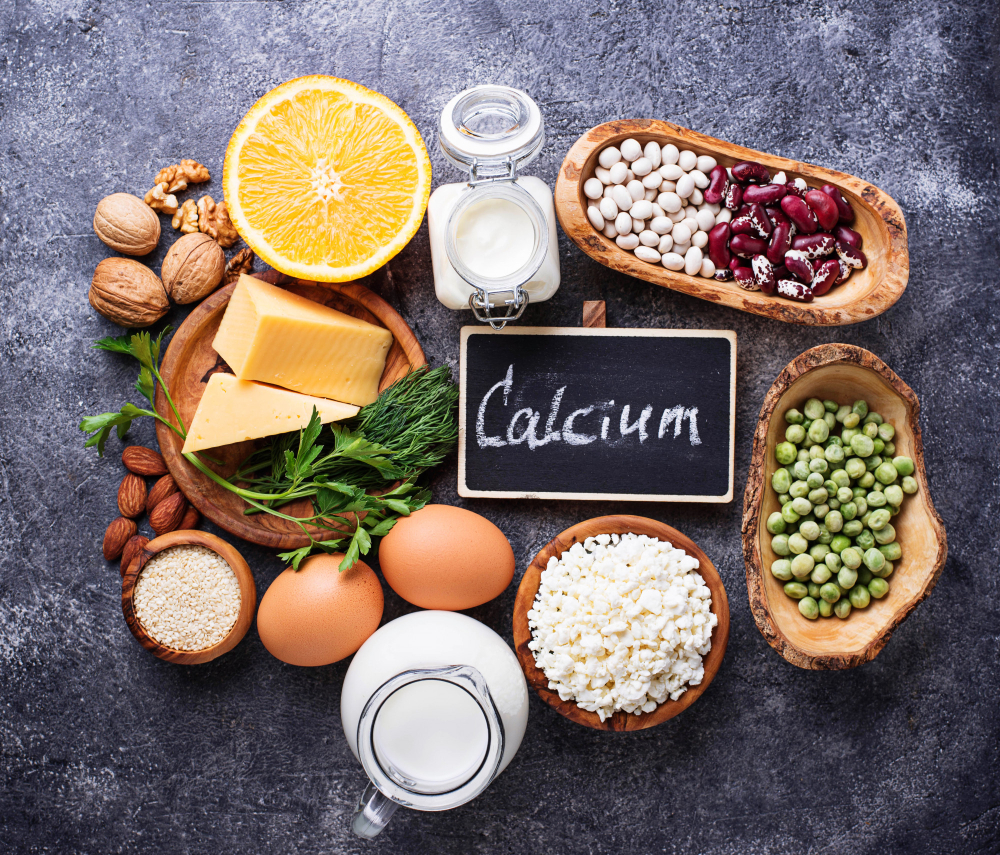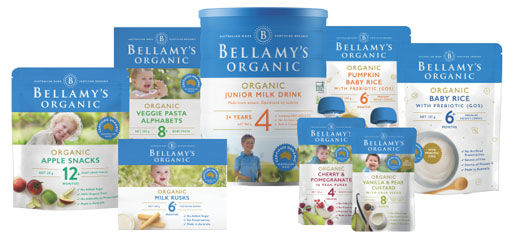Beware of False Organic Claims
To profit from the rising trend of organic consumption worldwide and in Vietnam, many companies have no hesitation to commit “organic scams”, tricking people into believing the low-quality products they produce/distribute to have the claimed organic benefits. Find out more in this article by Natural Food Group!
1.“Non-toxic” and “(toxic chemical/substance)-free”
By excluding some major toxic substances, the producers can label “Non-toxic” onto products – as amongst the most popular organic scams to deceive new consumers.
In fact, there is currently no available standard to certify the quality of being “non-toxic”. Consumers are advised to read through the nutrition facts of products and pay close attention to toxic substances (paraben, SLS, Fragrance, DEET, etc) as well as substances contraindicated for their health condition.
Besides, another popular organic scam related to toxic substances should be noticed is the labelling of “(toxic chemical/substance)-free”. Consumers have a tendency to be deceived by this scam by only focusing on the substances/chemicals that a product is “free of…”, and unknowingly neglect other toxic substances/chemicals included in that product.
Just as in the case above, consumers are advised to pay close attention to the substances/chemicals within a product and its effect on health.

2.“Organic” and “Natural/Nature-origin”
Many producers exploit the term “organic” by having their products certified by unreliable organic certifiers to cut cost, resulting in the low-quality organic products available on market – posing risk to consumers’ health.
To understand how a product can be claimed “organic”, read more at this Natural Food Group’s article: link
To prevent this scam, it is advised that consumers only resort to organic products certified by internationally acclaimed certifiers (USDA/ACO/NASAA/EU/AsureQuality,…) and their associated bodies.
Related to this is the scam of labelling “Natural/Nature-origin”, attracting consumers to believe in the organic origin and the resulting quality of safety for health.
In reality, the scam happens on how producers exploit the term “Natural/Nature-origin”. According to ISO 16128 standard (unrelated to organic), a product can be certified to be “Natural/Nature-origin” when 50% and higher of its raw ingredients originated from plants/animals. Therefore, the labelling of “Natural/Nature-origin”, by any means, cannot solely certify a product to be safe and appropriate for consumers’ health (not mentioning meeting the organic production’s requirements). Moreover, the above term of “Natural/Nature-origin” can also rightfully include the case of using GMO – violating a fundamental principle in organic agriculture.
3. “Eco-friendly” and “biodegradable”
To take advantage of a large number of consumers choosing organic for its value of being eco-friendly, many producers label their products as “eco-friendly” and “biodegradable”.
Consumers should take into consideration that, there is currently no international standard on managing how a product can be certified to be “eco-friendly” and “biodegradable”. Indeed, these labels are used autonomously by the producers themselves, most of the time with the sole aim of luring consumers into believing in the so-called quality of “environment-friendly” of their products.
A study of University of Plymouth (UK) has scientifically proved that the so-called “biodegradable” bags that many producers claim and use in fact, only degrade with the pace similar to an ordinary plastic bag.
Featured post
-
05 Diet Plans That Are Good For Your Health
31/07/2022
-
Best Times to Sleep for Adults & Children
01/06/2022








